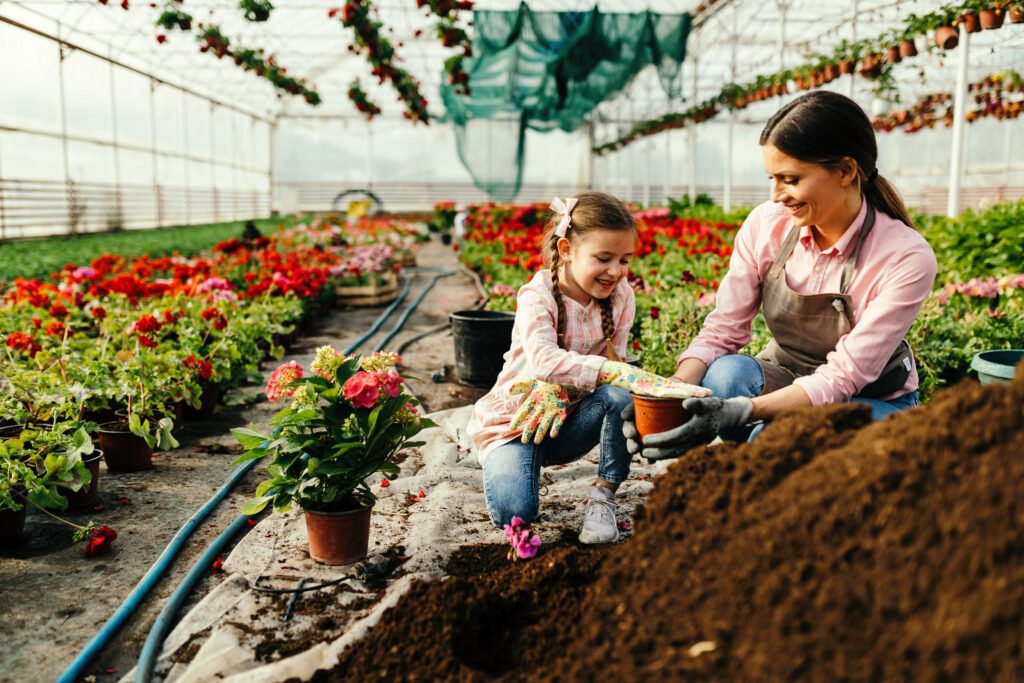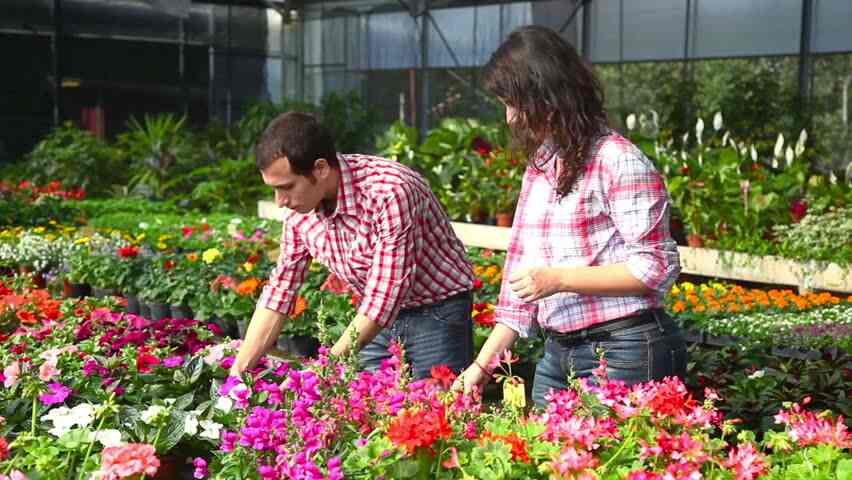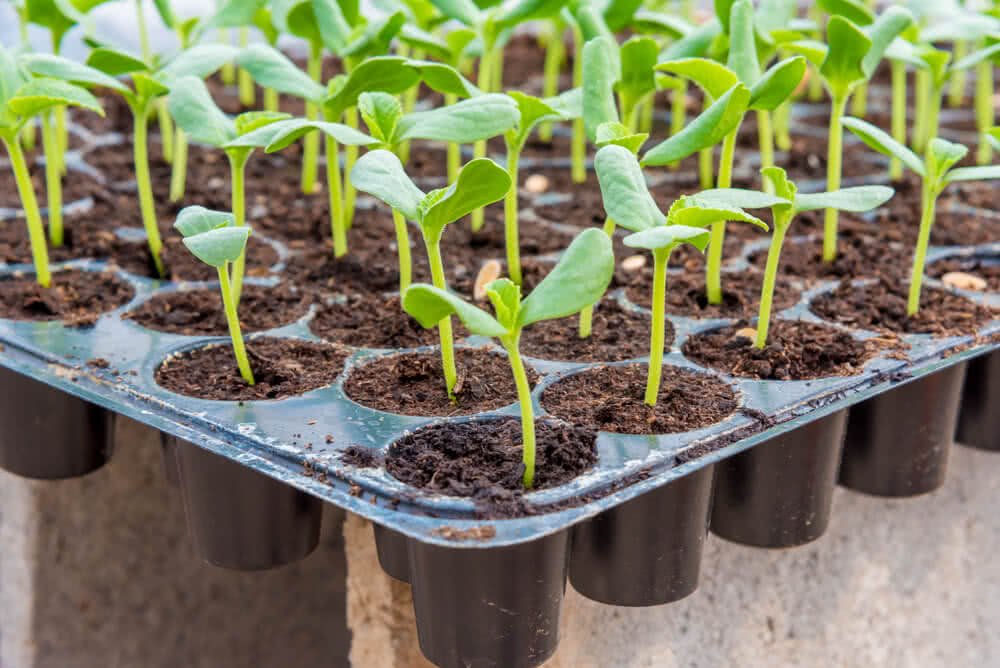The benefits of plant nurseries webfreen.com – Plant nurseries play a crucial role in both the gardening community and the broader ecosystem. They are not just places where plants are grown and sold; they are hubs of biodiversity, centers of education, and sources of economic and environmental sustainability. This comprehensive guide delves into the multifaceted benefits of plant nurseries, examining their impact on individual gardeners, communities, economies, and the environment.
Plant nurseries are essential establishments for the propagation and sale of plants. They provide gardeners with access to a wide range of plant species, including ornamental plants, vegetables, fruits, and herbs. Beyond their primary function of selling plants, nurseries contribute significantly to local economies, environmental sustainability, and community well-being. This blog explores the myriad benefits of plant nurseries, highlighting their importance in various aspects of life and society.
Historical Perspective Of Plant Nurseries
The concept of plant nurseries dates back to ancient civilizations, where early agricultural societies cultivated plants for food, medicine, and ornamental purposes. Ancient Egyptians, for example, practiced advanced horticulture, growing a variety of plants in their gardens. Over time, the practice of plant cultivation evolved, leading to the establishment of specialized nurseries.
In the 16th and 17th centuries, European explorers brought back exotic plants from their travels, necessitating the development of nurseries to propagate and acclimatize these species. The Victorian era saw a boom in horticulture, with plant nurseries becoming popular among the middle class. This historical evolution underscores the enduring importance of plant nurseries in human society.
Economic Benefits
Job Creation
The benefits of plant nurseries webfreen.com – Plant nurseries are significant sources of employment, providing jobs to a wide range of individuals, from horticulturists and nursery managers to sales staff and seasonal workers. According to industry reports, the nursery and greenhouse industry supports hundreds of thousands of jobs worldwide. These jobs are diverse, encompassing roles in plant propagation, research, sales, marketing, and management.
In addition to direct employment, nurseries also create indirect jobs in related sectors, such as transportation, retail, landscaping, and garden maintenance. The ripple effect of job creation extends to local communities, supporting families and contributing to overall economic stability.
Local Economy Support
By sourcing plants locally, nurseries reduce transportation costs and carbon emissions, supporting the local economy. They often collaborate with local suppliers for seeds, soil, and gardening equipment, fostering a network of small businesses. This local sourcing also ensures that plants are better adapted to the regional climate and soil conditions, leading to healthier and more resilient gardens.
Local nurseries also attract visitors, boosting local tourism and contributing to the economy. Garden enthusiasts often travel to visit well-known nurseries, participate in workshops, and attend garden shows, thereby supporting local hospitality and retail businesses.
Industry Growth
The horticulture and nursery industry is a significant contributor to the global economy. According to market research, the industry is valued at billions of dollars and is expected to grow steadily due to increasing interest in gardening, urban greening, and sustainable living. This growth is driven by several factors, including rising disposable incomes, growing environmental awareness, and the popularity of home gardening as a hobby.
The expansion of the nursery industry also stimulates innovation and investment in related fields, such as biotechnology, sustainable agriculture, and landscape design. As the industry grows, it attracts more funding for research and development, leading to new plant varieties, improved cultivation techniques, and sustainable practices.
Environmental Benefits

Biodiversity Conservation
The benefits of plant nurseries webfreen.com – Plant nurseries play a pivotal role in conserving biodiversity. By cultivating a wide range of plant species, including rare and endangered varieties, nurseries help preserve genetic diversity. This diversity is crucial for the resilience of ecosystems, as it allows plants to adapt to changing environmental conditions and resist pests and diseases.
Nurseries also contribute to the conservation of native plants, which are essential for maintaining local ecosystems. Native plants provide habitat and food for local wildlife, support pollinators, and help preserve the natural landscape. Many nurseries engage in conservation efforts, such as seed banking and restoration projects, to protect and restore native plant populations.
Habitat Restoration
Plant nurseries are often involved in habitat restoration projects, supplying native plants for reforestation, wetland restoration, and other ecological rehabilitation efforts. These projects are vital for restoring degraded ecosystems, improving water quality, and providing habitat for wildlife. Nurseries that specialize in native plants work closely with environmental organizations, government agencies, and community groups to support these initiatives.
The use of native plants in restoration projects enhances the success of these efforts, as native species are well-adapted to local conditions and require less maintenance. This approach also helps prevent the spread of invasive species, which can outcompete native plants and disrupt ecosystems.
Carbon Sequestration
Plants play a crucial role in mitigating climate change by absorbing carbon dioxide from the atmosphere and storing it as biomass. By promoting the cultivation of trees, shrubs, and other plants, nurseries contribute to carbon sequestration and help reduce greenhouse gas emissions. Urban greening projects, supported by plant nurseries, are particularly effective in sequestering carbon, as trees and plants in urban areas can significantly offset carbon emissions.
Nurseries also promote sustainable gardening practices, such as organic cultivation, composting, and water conservation, which further reduce the environmental impact of gardening. By educating customers about these practices, nurseries contribute to a more sustainable and eco-friendly approach to gardening.
Social and Educational Benefits
Community Engagement
Plant nurseries often serve as community hubs, offering a space for people to connect, share knowledge, and participate in gardening activities. Many nurseries host workshops, seminars, and events that bring together gardening enthusiasts, experts, and local residents. These events foster a sense of community, promote social interaction, and encourage the exchange of ideas and experiences.
Community engagement through nurseries also extends to volunteer opportunities, such as community garden projects and environmental conservation efforts. By involving community members in these activities, nurseries promote civic responsibility and environmental stewardship.
Educational Opportunities
Nurseries are valuable educational resources, providing information and training on various aspects of gardening, horticulture, and environmental conservation. Many nurseries offer classes, workshops, and demonstrations on topics such as plant propagation, pest management, soil health, and sustainable gardening practices. These educational opportunities cater to all age groups, from children to adults, and help build gardening skills and knowledge.
In addition to formal education programs, nurseries also offer informal learning opportunities through interactions with knowledgeable staff. Nursery employees often provide personalized advice and guidance to customers, helping them select the right plants, troubleshoot problems, and improve their gardening techniques.
Health and Well-being
Gardening has been shown to have numerous physical and mental health benefits. Engaging in gardening activities can reduce stress, improve mood, and promote physical fitness. Plant nurseries, by encouraging and facilitating gardening, contribute to the health and well-being of individuals and communities.
Gardening provides a sense of accomplishment and connection to nature, which can enhance mental health and overall quality of life. For older adults, gardening can be a therapeutic activity that promotes mobility, dexterity, and cognitive function. Community gardening projects, supported by nurseries, also provide opportunities for social interaction and community building, which are important for mental health and social well-being.
Gardening Benefits

Access to Diverse Plant Varieties
One of the primary benefits of plant nurseries is the access they provide to a diverse range of plant species and varieties. Whether you are looking for ornamental flowers, fruit trees, vegetables, herbs, or rare and exotic plants, nurseries offer a wide selection to choose from. This diversity allows gardeners to experiment with different plants, create unique garden designs, and grow a variety of crops.
Nurseries often carry plants that are not available in general retail stores, including heirloom varieties, native species, and specialized cultivars. This access to diverse plant materials enriches the gardening experience and supports biodiversity in home gardens.
Expert Advice and Support
Plant nurseries are staffed by knowledgeable horticulturists and gardening experts who provide valuable advice and support to customers. Whether you are a beginner or an experienced gardener, nursery staff can help you select the right plants for your specific needs, troubleshoot gardening problems, and offer tips on plant care and maintenance.
This expert guidance is particularly beneficial for novice gardeners, who may need help with plant selection, soil preparation, watering, and pest management. By providing personalized advice and support, nurseries help ensure the success of gardening projects and promote healthy, thriving plants.
Quality Assurance
When you purchase plants from a reputable nursery, you can be assured of their quality and health. Nurseries take great care in growing and nurturing plants, ensuring that they are free from pests and diseases. They also provide plants that are well-suited to local growing conditions, increasing the likelihood of success in your garden.
In addition to quality plants, nurseries often offer guarantees and warranties on their products, giving
customers peace of mind. This commitment to quality and customer satisfaction sets nurseries apart from other sources of plants, such as big-box stores or online retailers.
Technological and Scientific Advancements
Research and Development
Plant nurseries are at the forefront of horticultural research and development. They invest in studying plant genetics, breeding new varieties, and improving cultivation techniques. This research leads to the development of plants that are more resistant to diseases, pests, and environmental stresses, as well as plants with improved aesthetics, flavors, and nutritional value.
Nurseries also collaborate with universities, research institutions, and agricultural organizations to advance knowledge in horticulture and plant science. These collaborations result in innovations that benefit the entire gardening community, from home gardeners to commercial growers.
Sustainable Practices
The benefits of plant nurseries webfreen.com – Sustainability is a key focus for many modern nurseries. They adopt eco-friendly practices, such as organic cultivation, integrated pest management, water conservation, and the use of renewable energy. By promoting sustainable practices, nurseries reduce their environmental impact and contribute to the conservation of natural resources.
Nurseries also play a role in educating customers about sustainable gardening practices. Through workshops, informational materials, and personalized advice, they encourage gardeners to adopt eco-friendly methods, such as composting, mulching, and water-efficient irrigation.
Innovation in Plant Breeding
Innovation in plant breeding is another significant benefit of plant nurseries. Through selective breeding and advanced techniques, nurseries develop new plant varieties with desirable traits, such as improved disease resistance, enhanced growth rates, and unique colors and forms. These innovations enhance the diversity and appeal of plants available to gardeners, providing new options for garden design and cultivation.
In recent years, biotechnological advancements, such as genetic modification and tissue culture, have further expanded the possibilities in plant breeding. Nurseries that embrace these technologies can offer cutting-edge plant varieties that meet the evolving needs and preferences of gardeners.
Challenges and Future Directions
While plant nurseries offer numerous benefits, they also face several challenges. Climate change, pest and disease outbreaks, and competition from large retailers are some of the issues that nurseries must navigate. Additionally, the demand for sustainable and eco-friendly practices requires ongoing adaptation and innovation.
To address these challenges, nurseries are increasingly focusing on research and development, adopting sustainable practices, and diversifying their offerings. The future of plant nurseries lies in their ability to innovate, educate, and adapt to changing environmental and market conditions. By embracing these strategies, nurseries can continue to thrive and provide valuable benefits to gardeners, communities, and the environment.
Conclusion To the benefits of plant nurseries webfreen.com
Plant nurseries are vital institutions that offer a wide range of benefits. They support local economies, promote environmental sustainability, and provide educational and community engagement opportunities. For gardeners, nurseries offer access to diverse plant varieties, expert advice, and quality assurance. Through research, innovation, and sustainable practices, nurseries contribute to the advancement of horticulture and the preservation of biodiversity.
As we look to the future, the role of plant nurseries will continue to evolve, driven by the need for sustainable living and the growing interest in gardening and environmental stewardship. By recognizing and supporting the multifaceted benefits of plant nurseries, we can foster a greener, healthier, and more connected world.







